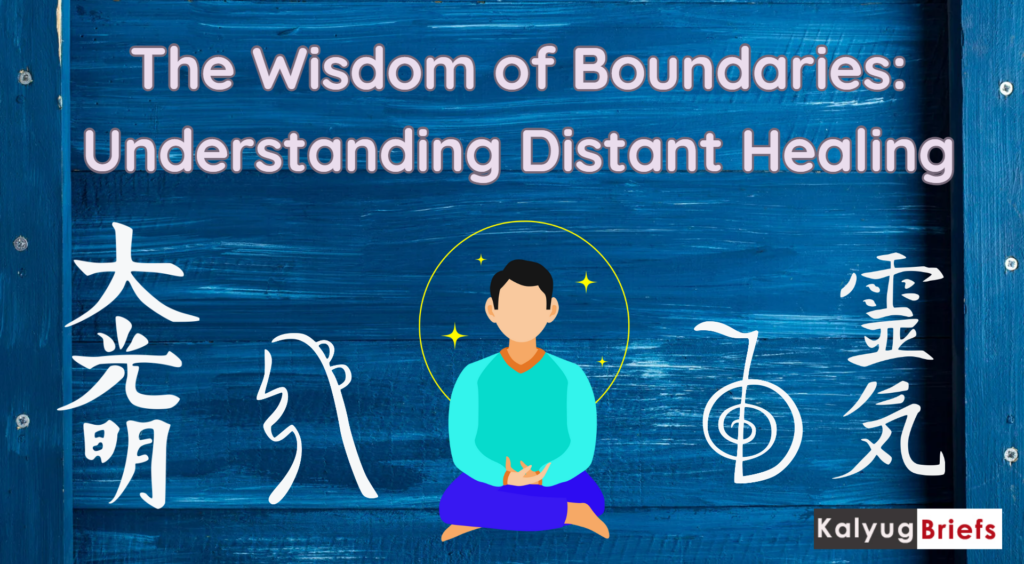The Wisdom of Boundaries: Understanding Distant Healing
Introduction:
Distant healing has long intrigued those with a desire to help others. The ability to send healing light across space and time can be captivating, but it is crucial to consider the ethical implications and potential consequences. In this article, we delve into the experiences and realizations of an individual who stopped practicing distant healing. Through their personal journey, we explore the importance of respecting karma, the value of gratitude, and the significance of finding alternative ways to support those in need.
Respecting Karma:
The decision to cease distant healing came from a realization that interfering in someone’s karma is not our rightful place. Each soul, when incarnating as a human, carries a unique karmic configuration. Through experiences and challenges, they learn valuable lessons and progress towards higher births in subsequent lives. By attempting to alleviate suffering through distant healing, we may inadvertently disrupt the soul’s intended path of growth. Respecting the sovereignty of each individual’s karmic journey is essential.
The Lesson of Gratitude:
The practitioner had initially learned Reiki, a form of distant healing that can create miracles for oneself and others. Excited and eager, they explored the possibilities and witnessed positive results in various aspects of life. However, a specific incident opened their eyes to the harsh reality of human nature. When a friend requested distant healing for someone suffering from lung congestion, the practitioner diligently provided continuous healing energy. Yet, when they later inquired about the person’s well-being, the friend casually attributed the recovery to expensive, modern medications. This experience taught a profound lesson about the lack of appreciation for freely given assistance.
Recognizing Value:
The incident led the practitioner to ponder the importance of valuing one’s time, effort, and love. Their Reiki master had advised them, even if it was a small token, to charge for their healing services. The lack of gratitude in the situation made them question why they should continue to offer assistance. Months later, when the same person requested distant healing for the same ailment, the practitioner refused. They insisted on the person continuing with their medications, realizing that their contributions were not genuinely appreciated.
Finding Balance through ‘Bandhan’:
While the practitioner discontinued distant healing, they discovered a different approach within Sahaj Yoga Meditation. This practice introduced them to a technique called ‘bandhan.’ By redirecting attention to divine entities such as angels, ganas, and deities, they could maintain a caring and compassionate stance without interfering in another’s suffering. Divine beings possess profound wisdom and understanding, allowing them to provide appropriate aid. By utilizing this method, practitioners avoid the potential wrath of invisible souls or spirits associated with the cause of the person’s suffering.
Embracing Caution:
The practitioner’s journey highlights the importance of approaching unknown realms with caution. Offering distant healing without considering the consequences may inadvertently invite unauthorized entities that could disrupt one’s personal life. It is crucial to respect boundaries and exercise discernment before delving into practices beyond our understanding.
Conclusion:
The decision to cease distant healing is a profound one, rooted in the recognition of our limitations and respect for the intricate workings of karma. Understanding the value of gratitude and learning alternative methods, such as ‘bandhan,’ allow us to support others without interfering in their life lessons. By embracing caution and mindfulness, we can navigate the spiritual realm with wisdom and integrity, ultimately creating a positive impact in our own lives and the lives of those around us.
